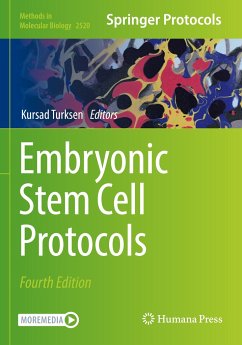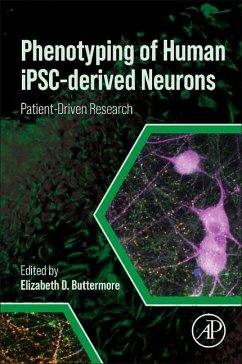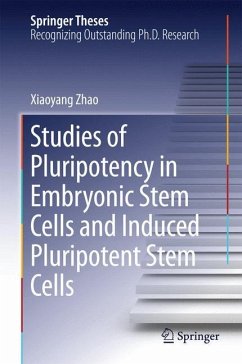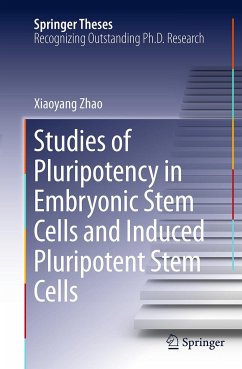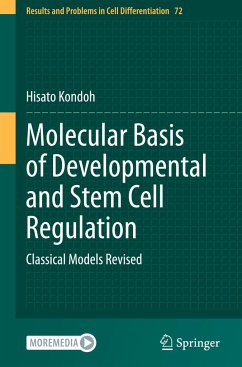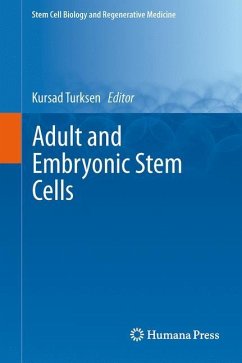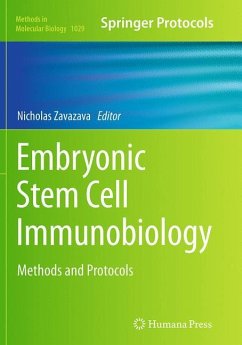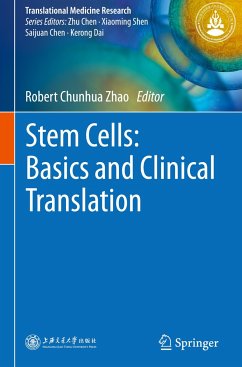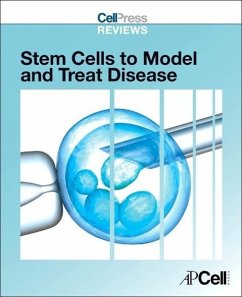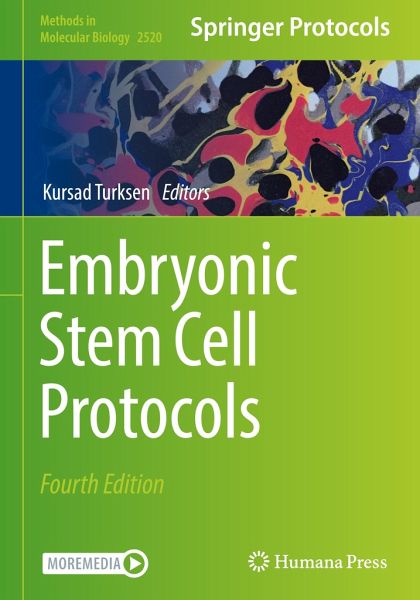
Embryonic Stem Cell Protocols

PAYBACK Punkte
68 °P sammeln!
This fully updated volume explores improved and extended protocols for embryonic stem cell (ESC) research, provided with the most direct and informative methodologies currently available. The book examines how these models for cell lineage and differentiation studies have continued to mature into a critical research workhorse. Written for the highly successful Methods in Molecular Biology series format, chapters include introductions to their respective topics, lists of the necessary materials and reagents, step-by-step, readily reproducible laboratory protocols, and tips on troubleshooting an...
This fully updated volume explores improved and extended protocols for embryonic stem cell (ESC) research, provided with the most direct and informative methodologies currently available. The book examines how these models for cell lineage and differentiation studies have continued to mature into a critical research workhorse. Written for the highly successful Methods in Molecular Biology series format, chapters include introductions to their respective topics, lists of the necessary materials and reagents, step-by-step, readily reproducible laboratory protocols, and tips on troubleshooting and avoiding known pitfalls.
Authoritative and up-to-date, Embryonic Stem Cell Protocols, Fourth Edition serves as an ideal resource for researching mining the depths of the ESC field.
Authoritative and up-to-date, Embryonic Stem Cell Protocols, Fourth Edition serves as an ideal resource for researching mining the depths of the ESC field.





